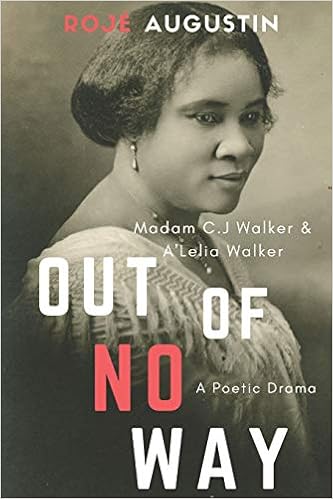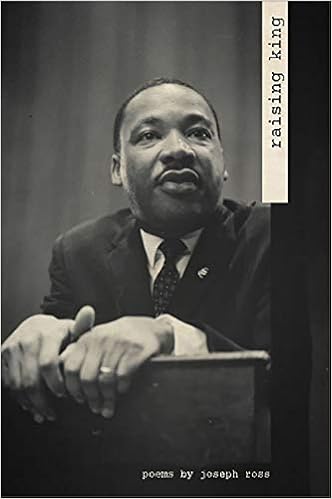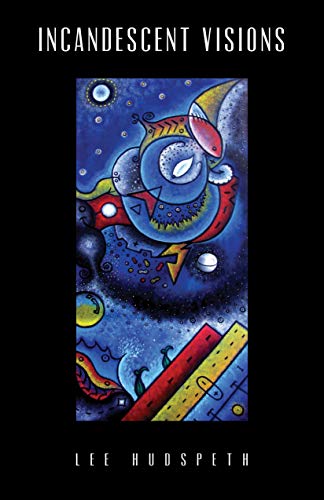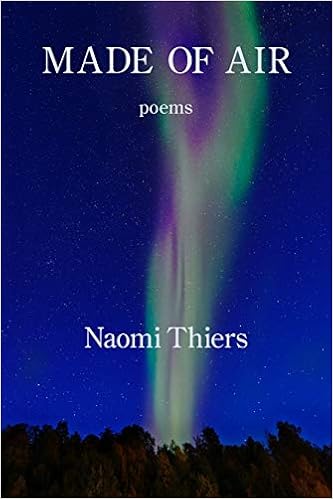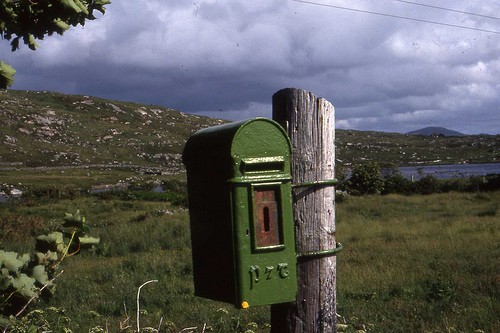
It now has it’s own blog where book bloggers can link up their own mailbox posts and share which books they bought or which they received for review from publishers, authors, and more.
Leslie, Martha, and I also will share our picks from everyone’s links in the new feature Books that Caught Our Eye. We hope you’ll join us.
Here’s what we received:

In Where Do You Hang Your Hammock? seasoned coach and author Bella Mahaya Carter shows writers how to use their present circumstances as stepping-stones to a successful and meaningful writing life, navigated from the inside out. It encourages writers and authors to rethink their ambitions (which may be fueled by the tyrannical demands of the ego) and trust in their heartfelt purpose and values in the journey to becoming, or continuing on, as authors.
Many writers believe their self-sabotaging thoughts are trustworthy and true. They take rejection personally. They surmise that if they don’t achieve their goals they have failed, and lose sight of who they are and what matters most.
This book is for writers looking for inspiration and for authors daunted by the publishing process, who might lack the requisite author platform to get published the way they dreamed, or whose careers may not be unfolding as expected. It aims to be the friend and trusted expert writers turn to when hijacked by their own thinking. Ultimately, it reminds authors that they are infinite creators.

For every one of his smiles, she thought of his letter and blushed with shame of what she had done. Oh, that she might have just looked at it!
After rejecting Mr Darcy’s proposal at Hunsford, Elizabeth Bennet is surprised when he finds her walking the next day and hands her a letter. Without any expectation of pleasure—but with the strongest curiosity—she begins to open the letter, fully intending to read it.
It really was an accident—at first. Her shaking hands broke the seal and somehow tore the pages in two. Oh, what pleasure she then felt in tearing the pages again and again! A glorious release of anger and indignation directed towards the man who had insulted her and courted her in the same breath. She did feel remorse, but what could she do? The letter was destroyed, and Elizabeth expected that she would never see Mr Darcy again.
Home at Longbourn, she discovers that her youngest sisters are consumed by a scheme to go to Brighton—and Elizabeth finds herself drawn to the idea of a visit to the sea. But the surprises of Brighton are many, beginning with a chance meeting on the beach and ending in unexpected romance all around.
What did you receive?

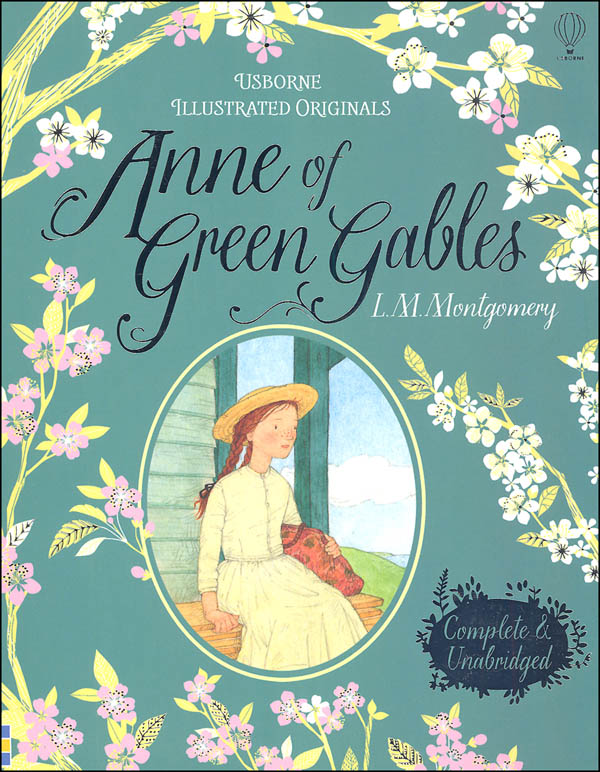
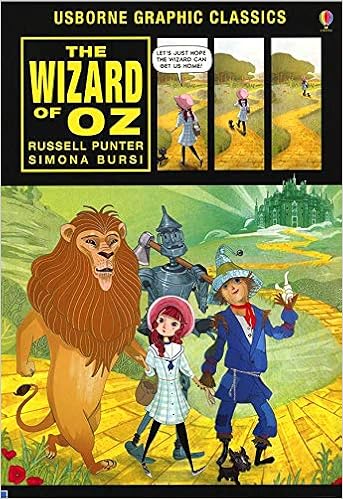


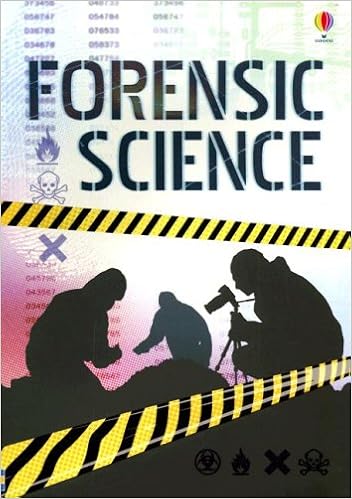
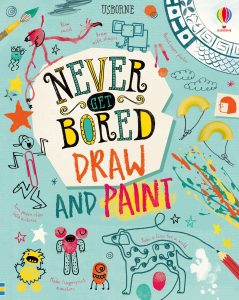



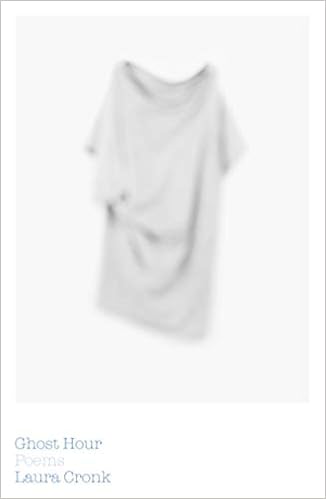
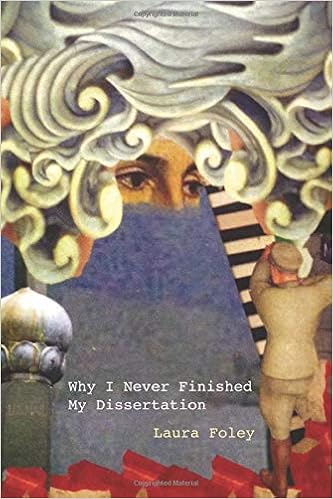
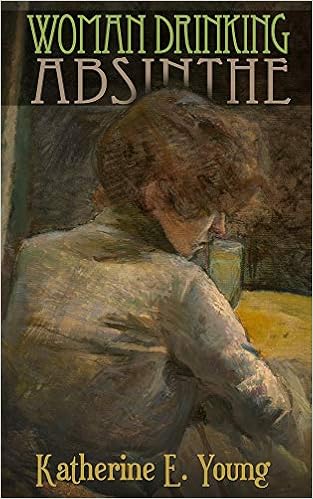
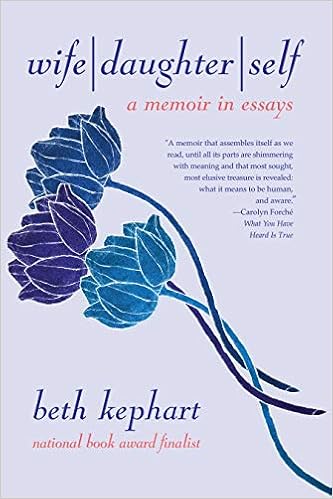




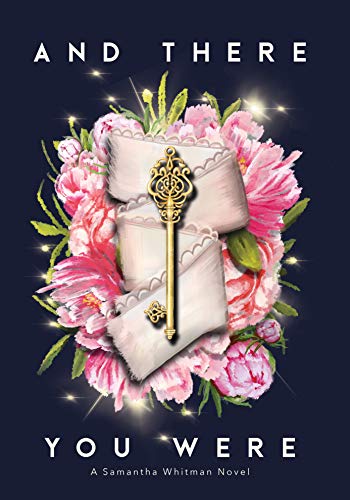
















 Emerge by Francesca Marais for review.
Emerge by Francesca Marais for review.

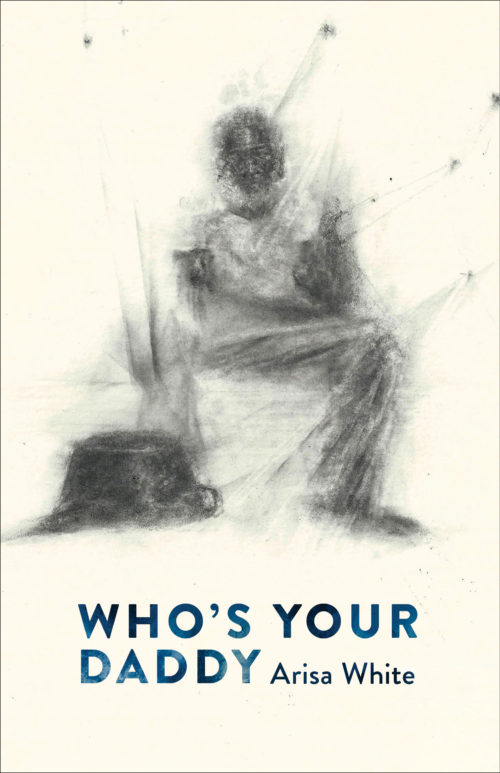
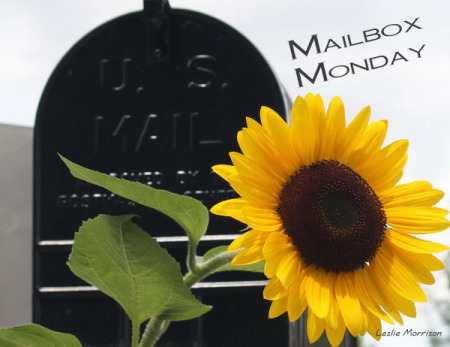

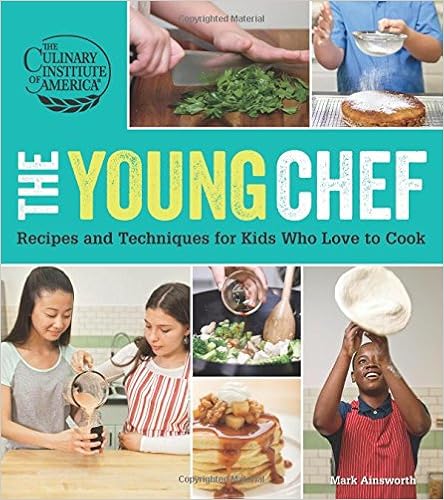
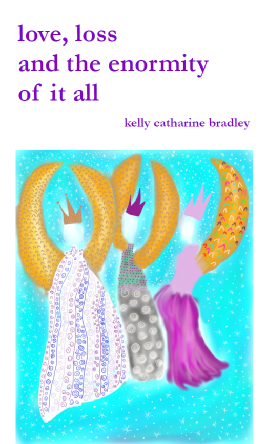
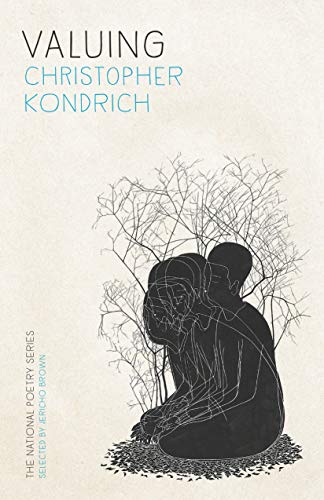 Valuing: Poems by Christopher Kondrich for review.
Valuing: Poems by Christopher Kondrich for review.
